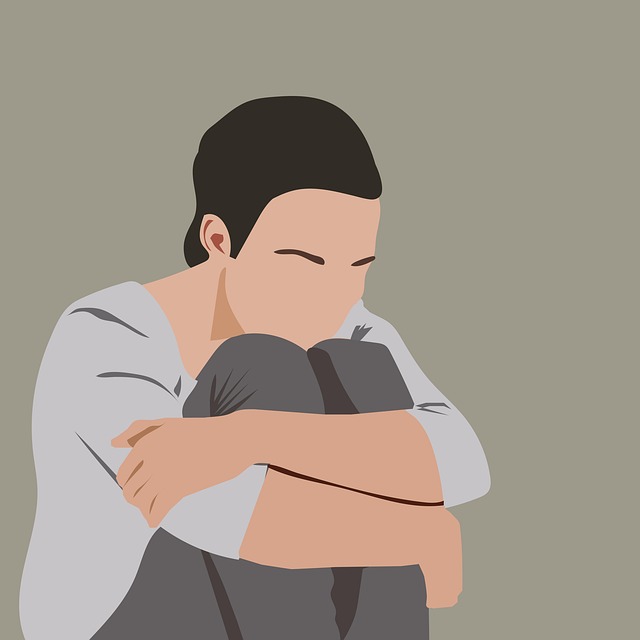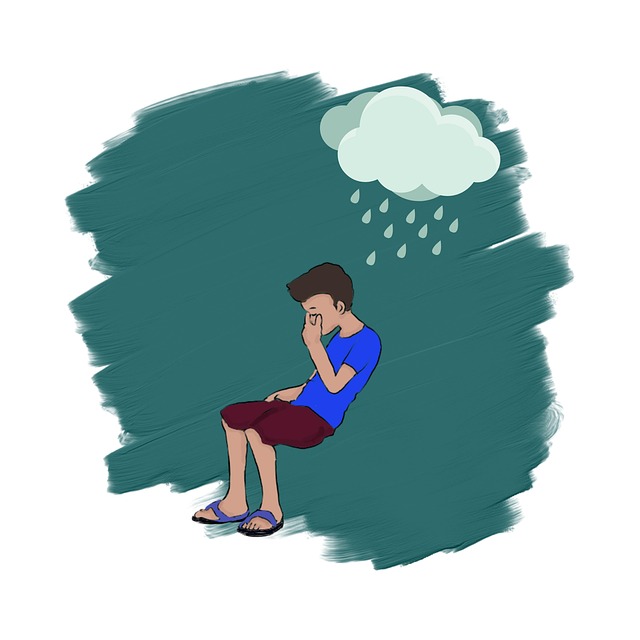Centennial Suicide Prevention Therapy (CSPT) is an innovative, comprehensive approach to mood regulation that combines traditional therapy with modern techniques, focusing on emotional resilience and suicide prevention. Emphasizing self-care, stress management, and building confidence in handling difficult situations, CSPT includes rigorous risk assessments and teaches lifelong skills for emotional well-being. Effective strategies for daily mood stability include regular physical activity, mindfulness practices, balanced diets, art or music therapy, and structured support from resources like Trauma Support Services and Mental Wellness Podcast Series Production. Integrating CSPT into daily life enhances mental wellness, prevents suicide, fosters a sense of belonging, and provides essential resources for at-risk individuals, ultimately creating a more supportive and resilient society.
“Discover effective mood regulation strategies that can transform your daily life. This comprehensive guide explores two powerful approaches: Centennial Suicide Prevention Therapy (CSPT) and practical techniques for managing moods on a daily basis. CSPT, known for its therapeutic benefits, offers a unique perspective on emotional well-being. We’ll delve into how this therapy can be integrated into everyday routines alongside actionable tips for better mood management, providing a balanced and healthy mindset.”
- Understanding Mood Regulation: The Role of Centennial Suicide Prevention Therapy
- Practical Strategies for Daily Mood Management
- Integrating Centennial Suicide Prevention Therapy into Everyday Life
Understanding Mood Regulation: The Role of Centennial Suicide Prevention Therapy

Understanding Mood Regulation involves recognizing that our emotions are complex and interconnected. Centennial Suicide Prevention Therapy (CSPT) is a powerful approach that focuses on empowering individuals to manage their moods effectively. CSPT combines elements of traditional therapy with modern techniques, aiming to enhance emotional resilience and prevent suicide-related behaviors. By fostering a deeper understanding of one’s thoughts and feelings, CSPT helps individuals develop healthier coping mechanisms.
This therapy emphasizes the importance of self-care, stress management, and building confidence in navigating challenging situations. It involves rigorous risk assessment for mental health professionals to identify potential risks early on. Through this comprehensive approach, CSPT not only treats immediate mood disorders but also equips people with lifelong skills to maintain emotional well-being, making it a valuable tool in the realm of suicide prevention.
Practical Strategies for Daily Mood Management

Maintaining a stable mood on a daily basis is a crucial aspect of overall mental wellness. There are several practical strategies that individuals can employ to effectively manage their moods and foster resilience, especially in navigating challenging times. One such approach gaining traction is Centennial Suicide Prevention Therapy, which focuses on building coping mechanisms and fostering emotional stability.
Incorporating regular physical activity, mindfulness practices, and a balanced diet into one’s routine can significantly impact mood regulation. Exercise releases endorphins, natural mood boosters, while mindfulness techniques help individuals stay grounded in the present moment, reducing anxiety and stress. Additionally, engaging in creative outlets like art or music therapy can provide an outlet for emotions, enhance self-expression, and contribute to a sense of accomplishment. For those seeking more structured support, Trauma Support Services and Mental Wellness Podcast Series Production offer valuable resources, providing insights into trauma recovery and promoting mental health awareness through informative content.
Integrating Centennial Suicide Prevention Therapy into Everyday Life

Integrating Centennial Suicide Prevention Therapy (CSPT) into everyday life can significantly enhance mental well-being and offer effective coping mechanisms for managing mood disorders, including depression. CSPT focuses on building resilience and fostering a sense of belonging, which are crucial aspects in preventing suicide. This therapeutic approach encourages individuals to develop meaningful connections with others, cultivate positive self-talk, and learn practical skills to navigate life’s challenges. By incorporating CSPT techniques into daily routines, people can improve their emotional regulation and better manage stress, anxiety, or low mood.
Public awareness campaigns development and crisis intervention guidance based on CSPT principles can further reduce stigma surrounding mental health issues. Such initiatives promote early identification of at-risk individuals, encourage help-seeking behaviors, and provide essential resources for those in need. Integrating these strategies into community settings and online platforms ensures wider accessibility to effective suicide prevention support, ultimately contributing to a more supportive and resilient society.
In conclusion, mood regulation is a vital aspect of overall well-being. By combining scientific understanding with practical strategies, such as Centennial Suicide Prevention Therapy, individuals can effectively manage their moods on a daily basis. Integrating this therapeutic approach into everyday life encourages resilience and promotes mental health, offering a sustainable path toward emotional equilibrium.













